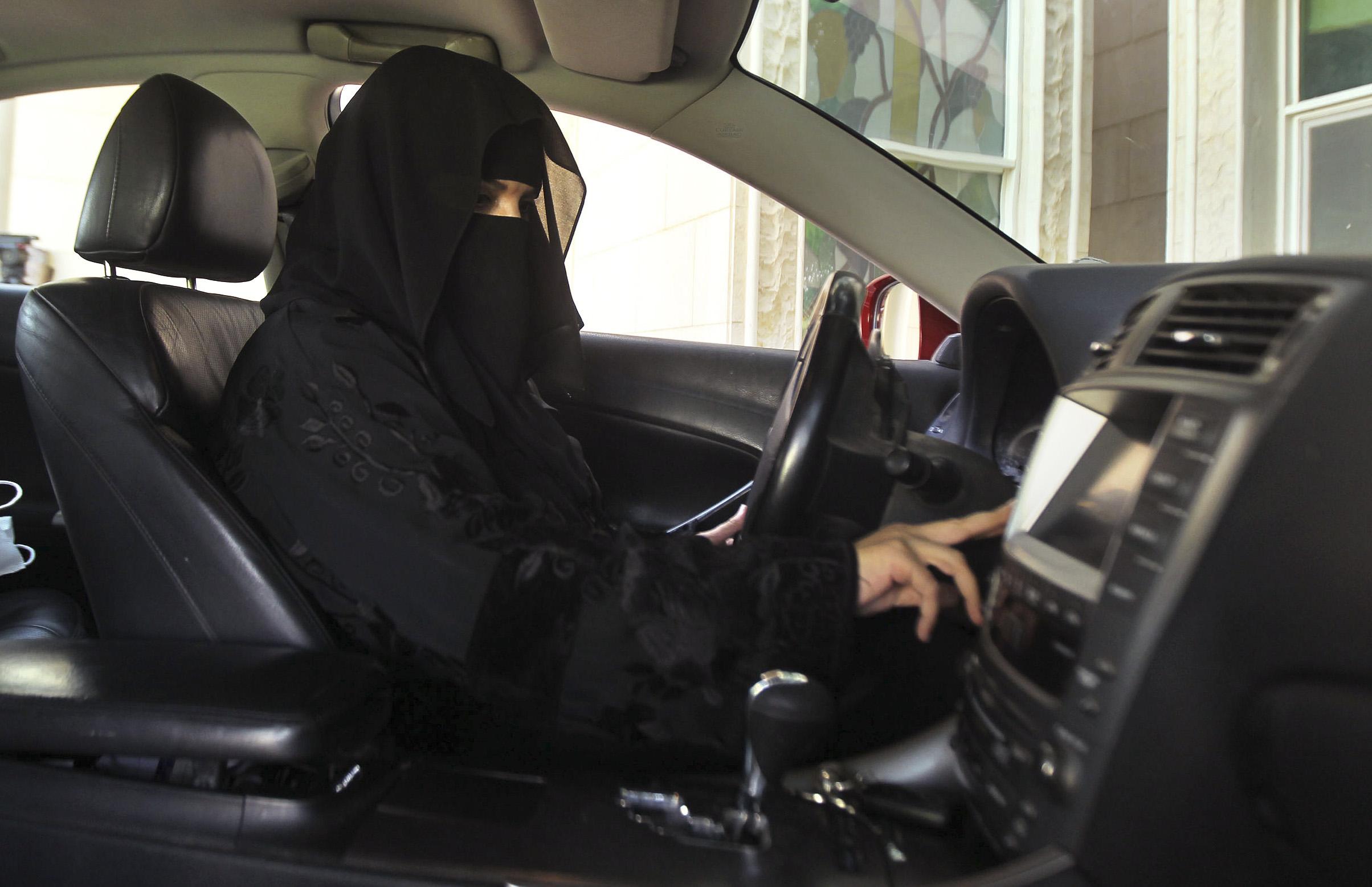Taxi app signs up 1,000 new women drivers in Saudi Arabia

Your support helps us to tell the story
From reproductive rights to climate change to Big Tech, The Independent is on the ground when the story is developing. Whether it's investigating the financials of Elon Musk's pro-Trump PAC or producing our latest documentary, 'The A Word', which shines a light on the American women fighting for reproductive rights, we know how important it is to parse out the facts from the messaging.
At such a critical moment in US history, we need reporters on the ground. Your donation allows us to keep sending journalists to speak to both sides of the story.
The Independent is trusted by Americans across the entire political spectrum. And unlike many other quality news outlets, we choose not to lock Americans out of our reporting and analysis with paywalls. We believe quality journalism should be available to everyone, paid for by those who can afford it.
Your support makes all the difference.A Middle Eastern taxi app has signed up almost 1,000 Saudi women for training in anticipation of the ban on women driving being lifted later this year.
The new drivers have been hired by Careem, a UAE-based ride hailing company with millions of users in neighbouring Saudi Arabia.
“We are very excited about this June, it is a big milestone for the country. We have already started training female [drivers] and we hope to get up to 100,000 on board within a year,” co-founder Magnus Olsson said in an interview with Thomson Reuters’ Zawya last week.
“We foresee very strong growth in Saudi Arabia.”
Saudi Arabia’s King Salman, at the behest of his son, Crown Prince Mohammed bin Salman, has issued a raft of royal decrees in recent months designed to liberalise some of the Islamic kingdom’s conservative laws.
The most high profile announcement will allow women to drive in the conservative Islamic kingdom from 24 June.
The rapid reforms do not not fundamentally change the guardianship system which effectively makes Saudi women second-class citizens - but the ability to drive will give them an unprecedented taste of freedom.
Public transport is basically non-existent in the Kingdom, which to date has given ride hailing apps such as Careem and Uber a captive market.
Up to 70 per cent of Careem users in the country are women, and 80 per cent of Uber rides are ordered by women. Last year, it was reported that the Ministry of Labour was working to subsidise app rides for working Saudi women.
Saudi Arabia suffers from high unemployment, which climbed to 12.8 per cent last year. Of those jobseekers, 80 per cent are women.
The ability to drive will widen women’s access to the job market - and allow them to become paid drivers themselves if they so wish.
Careem training sessions are already being held in Riyadh, Jeddah and al Kohbar for women who have valid driving licenses obtained abroad.
Careem - which operates in 13 Muslim countries and is valued at around $1 billion - hopes to recruit 100,000 female staff in Saudi Arabia in total as part of its expansion into the market, Mr Olsson said.
Forced to reckon with a global drop in oil prices, vast economic and social reform are part of Saudi Arabia’s Vision 2030, the Kingdom’s long-term blueprint for weaning the country off economic dependence on oil.
Join our commenting forum
Join thought-provoking conversations, follow other Independent readers and see their replies
Comments